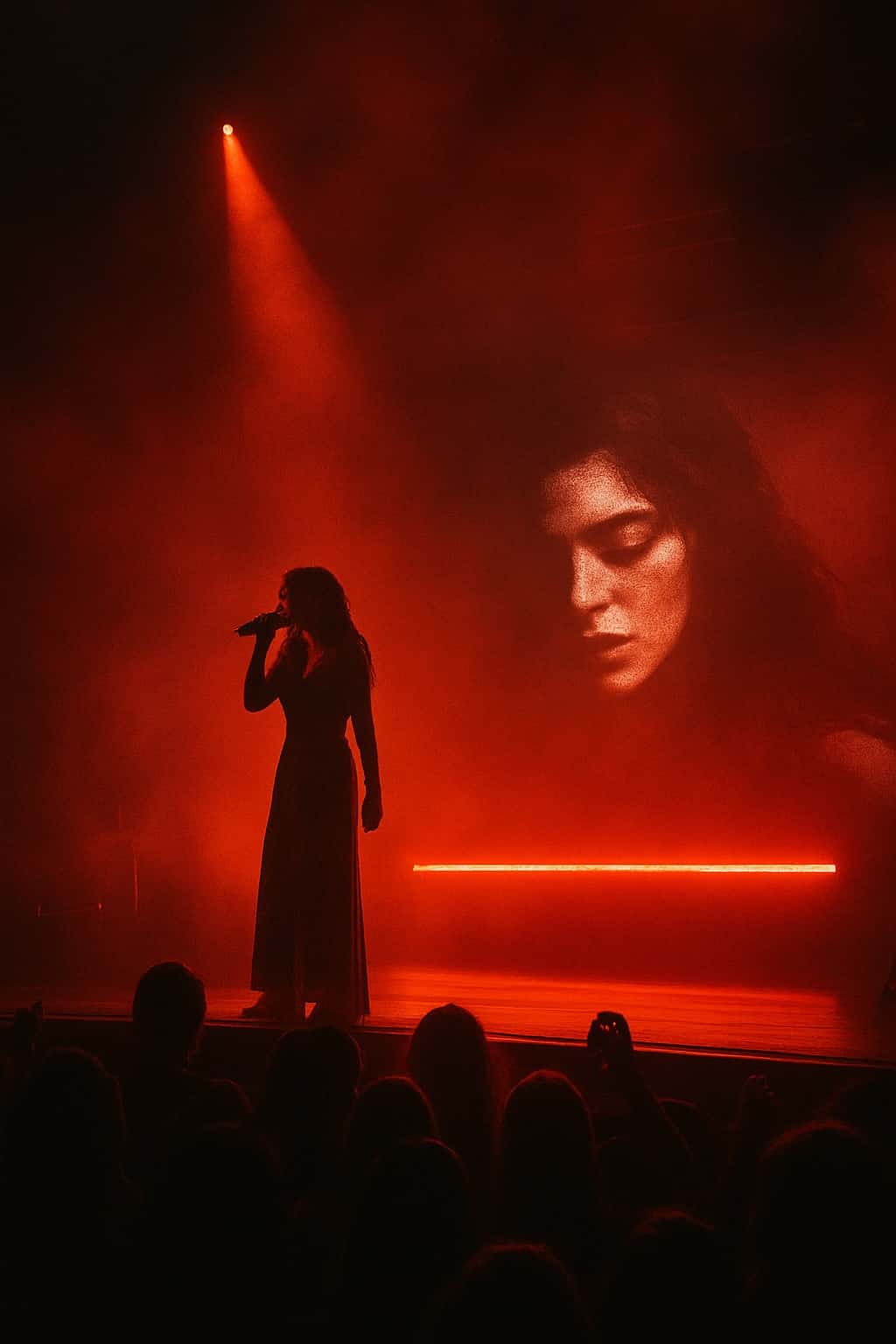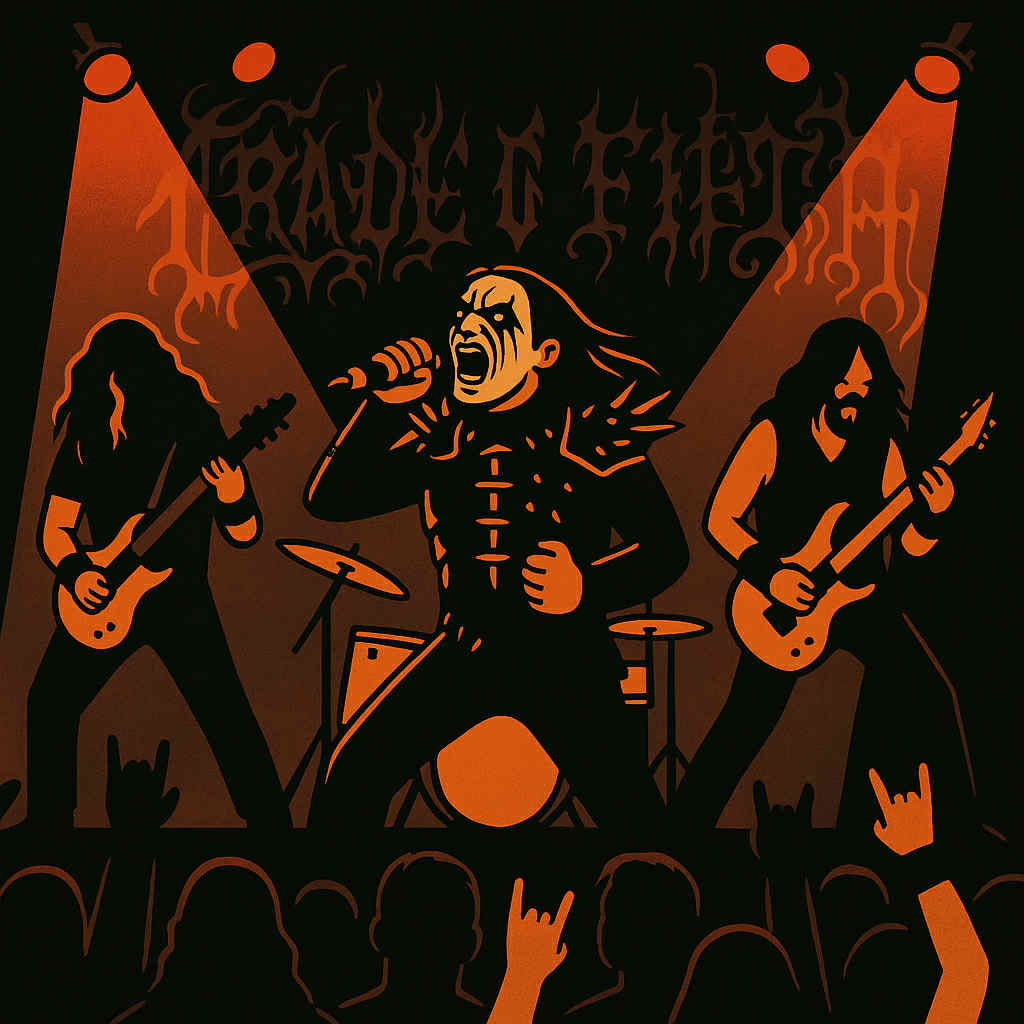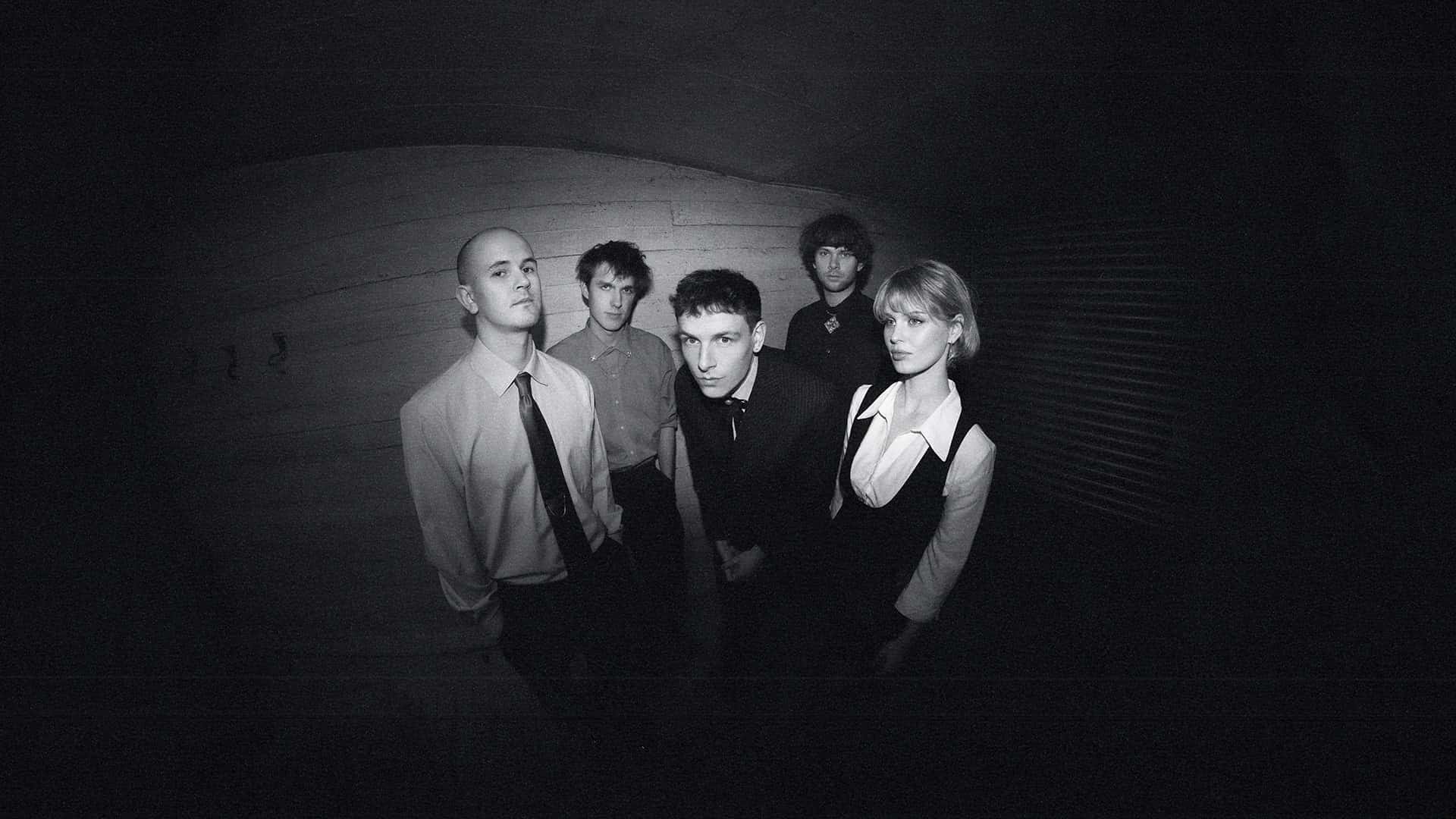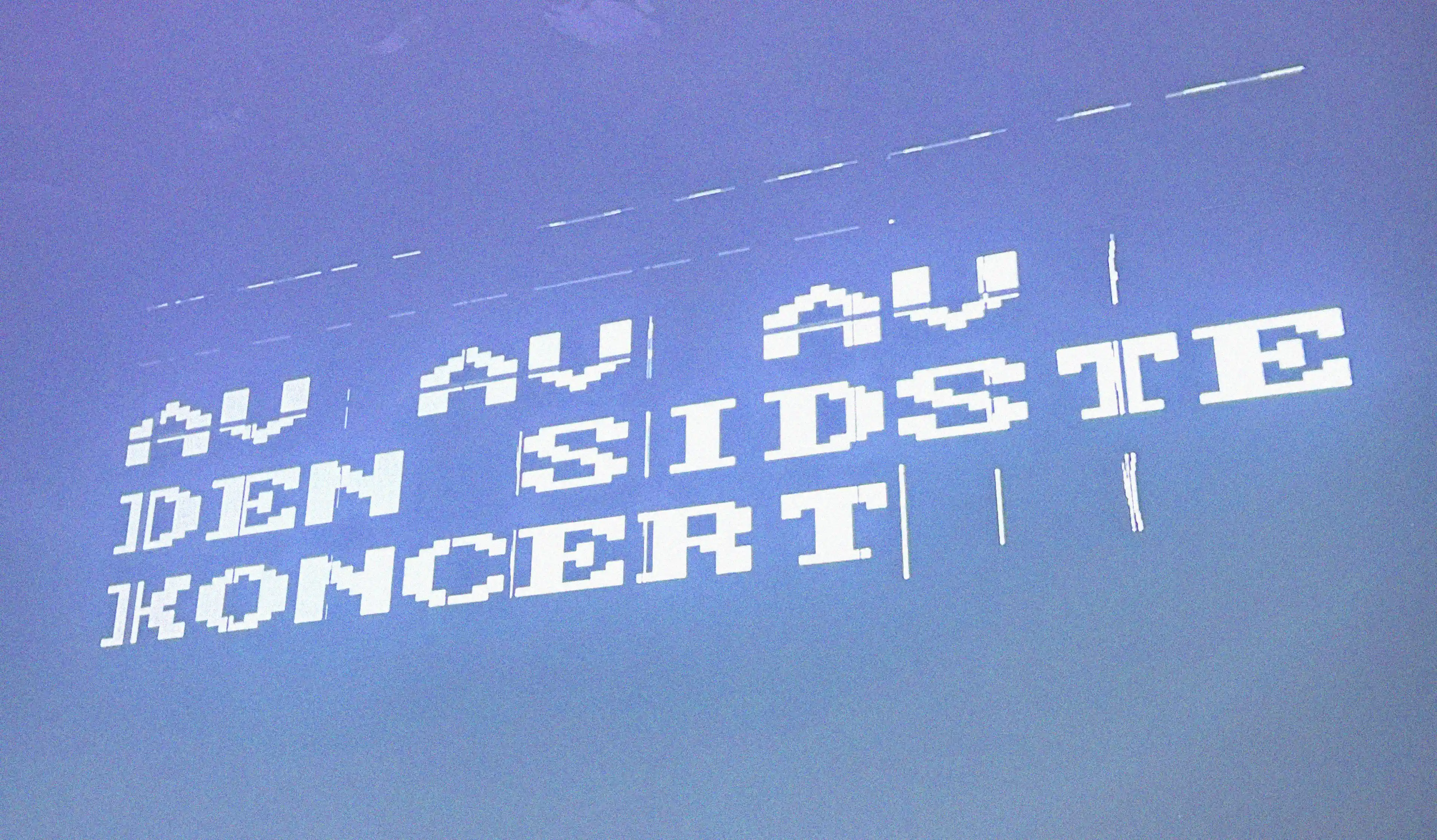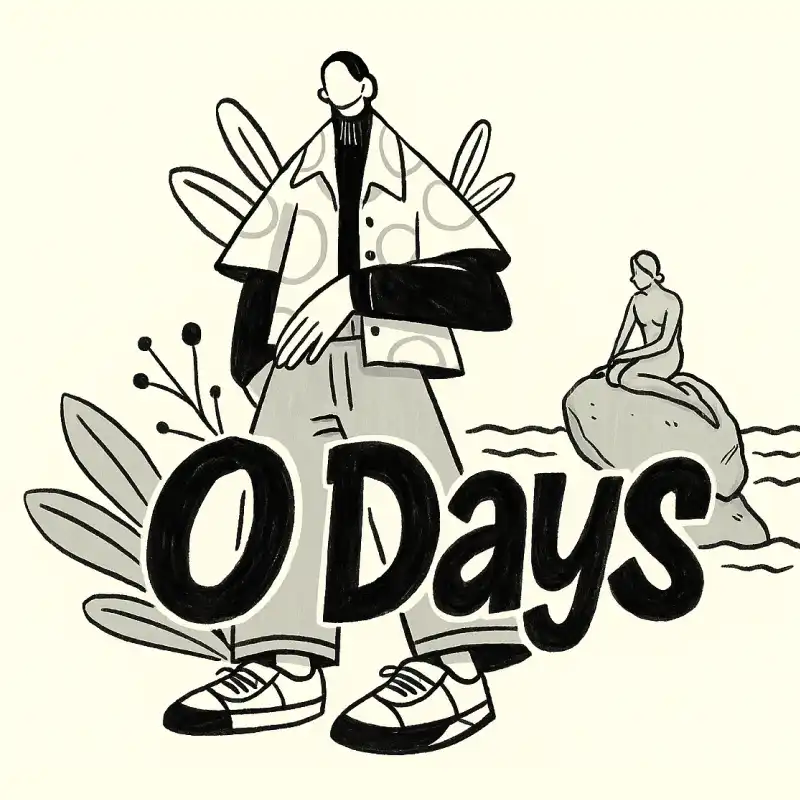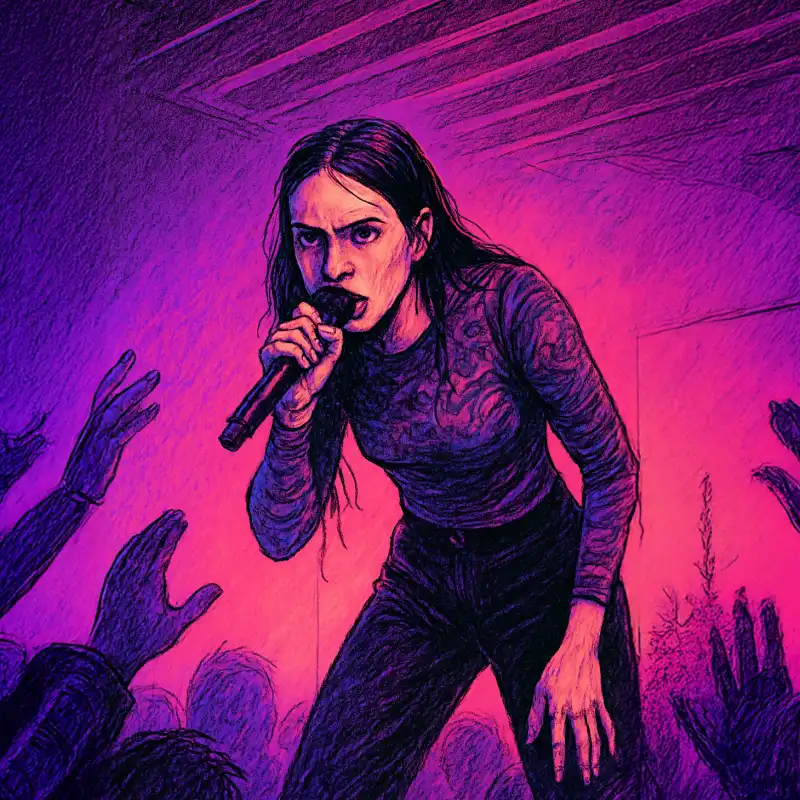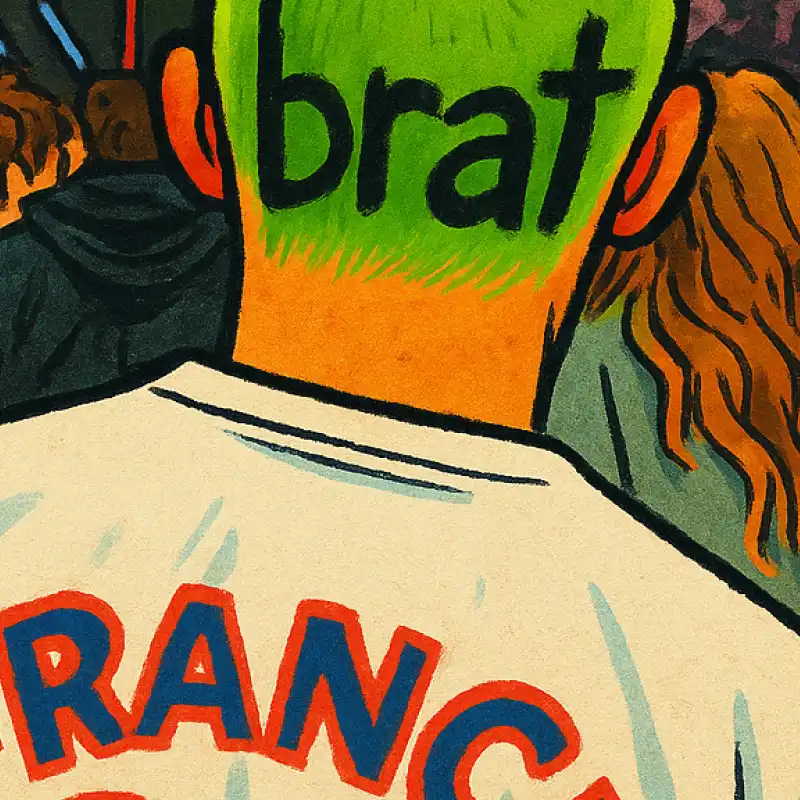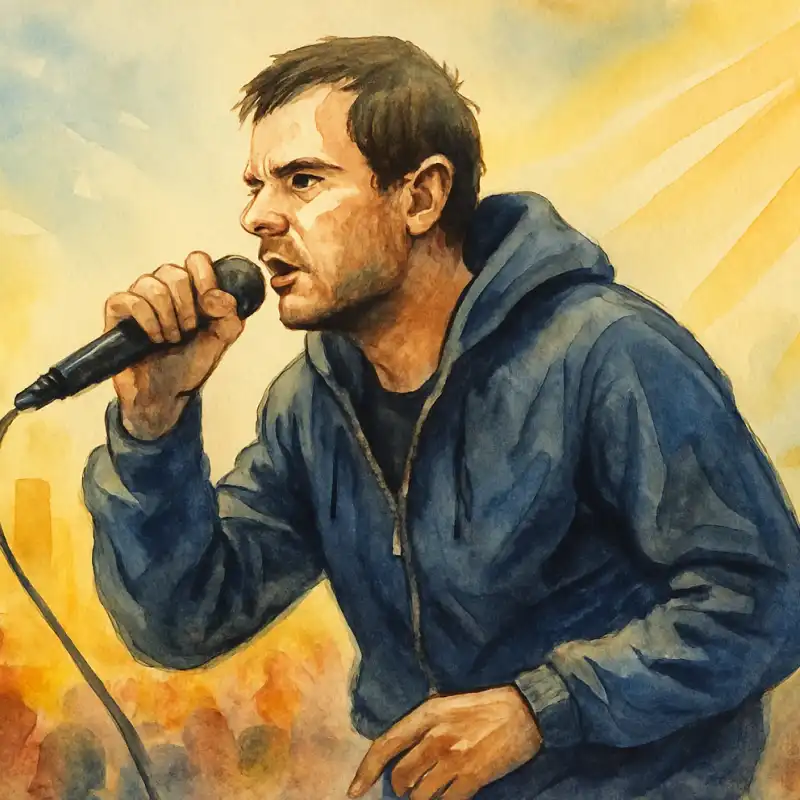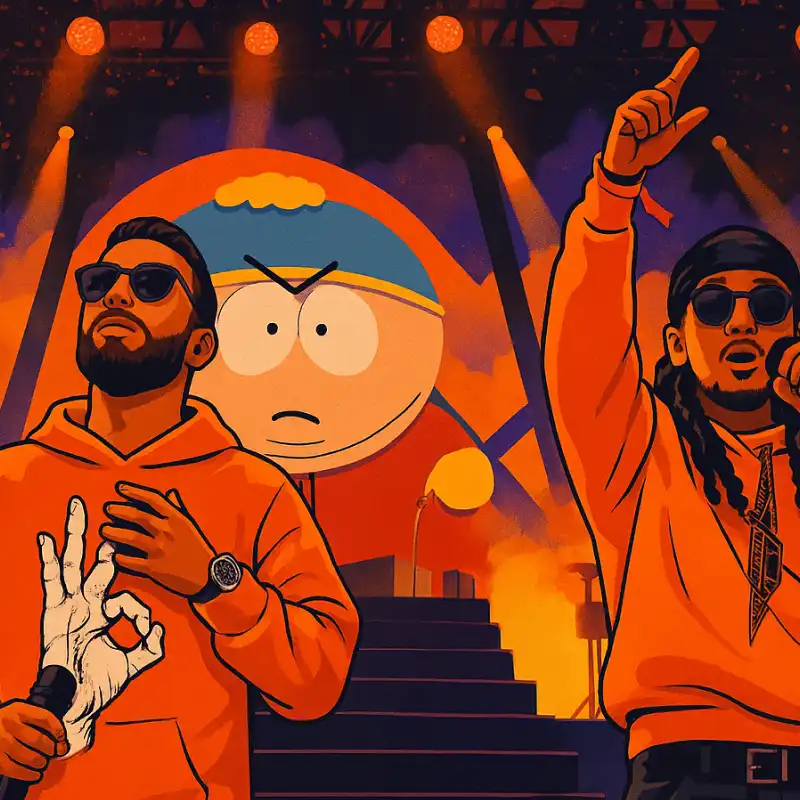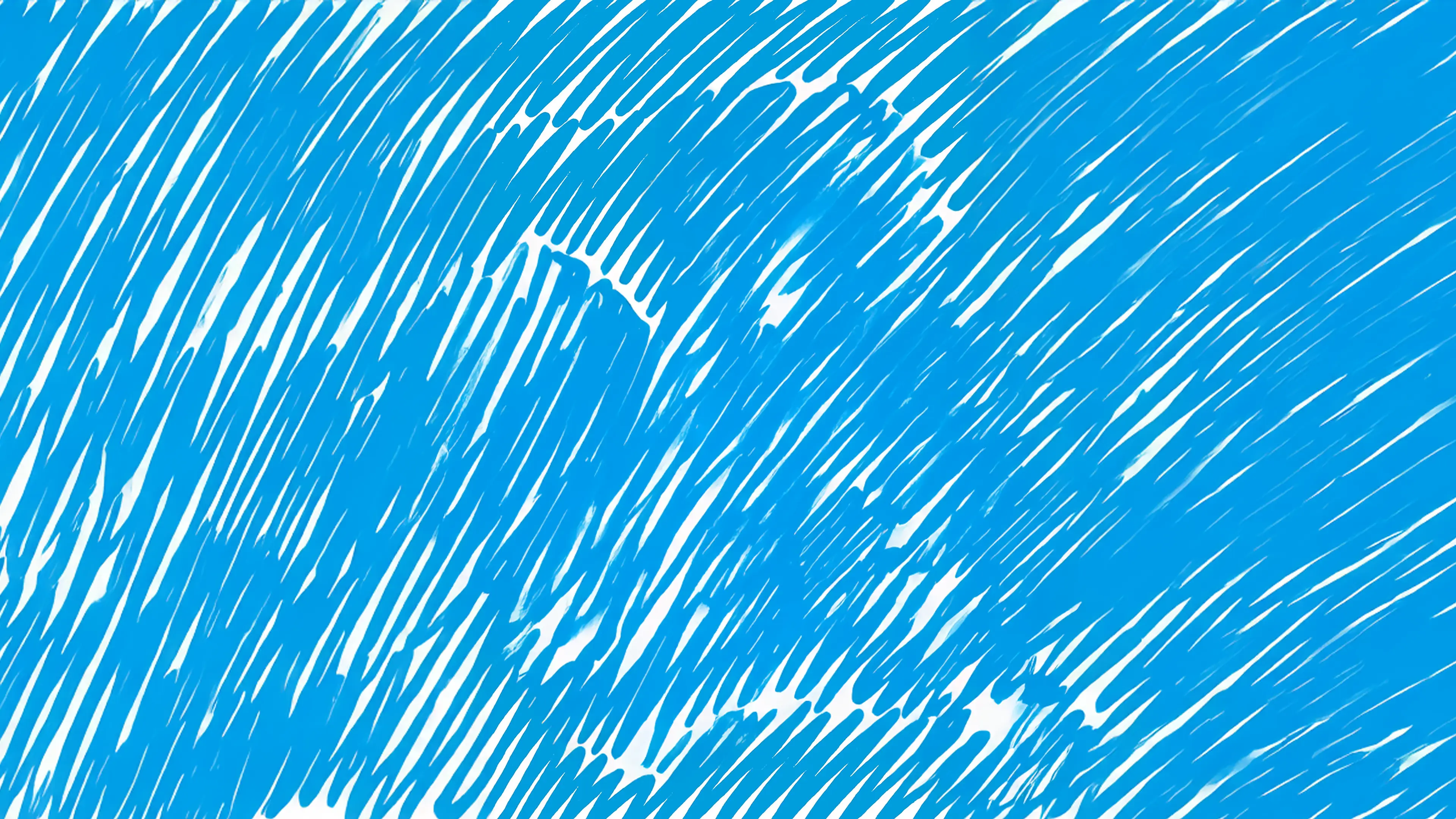If you’re not here for the quirky prose and glossy metaphors, scroll straight to The Music — that’s what you came for anyway. But if you’re in the mood for a bit of festival chaos without 200 banner ads chasing you around, sit back and enjoy. It gets messy, personal, and slightly out of hand, kind of like a good festival.
One star
Two stars
Three stars
Four stars
Five stars
Disclaimer: Apropos Magazine received access or a review copy. As always, we share our own impressions — unfiltered.
Six stars
The Voyage “The Journey“
The editorial team barely had a penny left when we decided to blow it all on one weekend in Paris — at We Love Green, a festival so environmentally ambitious that even Denmark would’ve needed to take notes.
Five stages. Talks. Recycled plates. Urine compost. Solar, biofuel and hydrogen power. We Love Green isn’t just a festival; it’s an experiment — an eco-lab disguised as a party. Since 2016, it’s taken over the Bois de Vincennes, and in 2025 it filled the forest’s edge with forty thousand guests a day.

We took Metro Line 1 — last stop, Château de Vincennes — packed into the train like polite sardines. Nobody shouted. Nobody jumped on the seats. People wore homemade Charli XCX merch: lime-green crop tops, hotpants, and plastic bottles filled with Sprite and vodka, mixed with teenage precision. It felt like a rave before the invention of the Jägerbomb — a quiet rebellion that still believed good vibes didn’t require chaos.
The walk from the station led us through a maze of forest paths where the festival’s green infrastructure revealed itself: tiled walkways, rubber mats, solar lamps every ten metres. Efficient crowd management — the kind of thing Danish festivals should study. We joked about sending South of the Sun’s organisers here on a paid field trip.
Security checks were done with airport-level seriousness — belts off, bottles out. There’s something oddly comforting about being taken that seriously. And then the forest opened into a mini-Coachella made by people who recycle properly: palm-decked lounges, solar coffee carts, and an aesthetic so coherent it bordered on utopian chaos.

Festivals “The Festival”
At We Love Green 2025, sustainability isn’t a buzzword — it’s the main act. From solar and hydrogen power to biofuel generators and 100% renewable electricity, everything glows with the optimism of lab glassware and French idealism. And no, it’s not just kombucha in paper cups. Seventy-eight percent of last year’s waste was recycled or “revalorized,” from diapers to flyers printed with plant-based ink.
The food court was a statement. Dishes served on washable plates with a €2 deposit, cleared into compost bins with military efficiency. A fully vegan menu, seasonal, at €10 a plate — honest food cooked by young chefs with bright eyes and no PR strategy. It felt refreshingly authentic compared to the Danish food scene, where everything needs a concept before it earns the right to exist.

The talk stage — the “Think Tank” — was a mix of philosophers, climate geeks, and startup founders earnestly discussing the +4°C world. We quickly found the bar again. We weren’t there to feel guilty.
The entire festival felt like a tech demo wrapped in a folk party: plastic-free toilets, endless bike parking, and digital nudges to “take the train.” Everything was cashless, every payment included a micro-donation to an NGO, and security was managed by an app called Safer — basically a digital womb.
Volunteers wore hearing aids and badges signalling accessibility roles. It all felt carefully designed, as if someone had asked: What if festivals weren’t built for 25-year-old men in Rains jackets and bucket hats?
People drank wine at sixty-five kroner a glass, smoked cigarettes under compost signs, and danced anyway. No moral preaching — just the quiet conviction that pleasure doesn’t have to destroy the planet. We Love Green wasn’t just a festival. It was a prototype.

The Music
Air
When Air appeared on their transparent, cage-like stage, it felt like stepping into a French film set: minimalist, hazy, a little drunk on its own beauty. They opened with Moon Safari and La Femme d’Argent — the familiar hum of late-’90s sophistication — and just as the audience melted into nostalgia, Charli XCX emerged for Cherry Blossom Girl. The air turned neon emerald. She slipped brat energy into Air’s velvet melancholy, and the contrast was electric. For a few minutes, she owned their universe — and they let her. Nothing that followed came close.

Parcels
Then came Parcels — the musical equivalent of opening a sunbeam inside a raincloud. Their 70s-inspired funk and disco soul hit with precision: Lightenup, If You Call, Safe and Sound — all played with a confidence that could dry wet wood. The stage planks were slick with rain, but the crowd danced anyway.
When Troye Sivan appeared as a surprise guest, a collective gasp swept through the audience — that moment where disbelief turns communal. Whether it was him or just hope made flesh didn’t matter. For three minutes, the forest became a fever dream of pop and mud and human heat. Parcels reminded everyone why live music still matters: because sometimes, joy is the most radical act available.

Gesaffelstein
Then it got dark. Truly dark. Not “it's evening now,” but such a kind of variety that felt orchestrated. And then he stepped forward -- Gesaffelstein. Masked, cold, as if he hadn't said a word to anyone since 2014.
The Dark Prince. His scenography was as megalomaniacal as the sound: a red-hot pyramid, bordered by black crystals and smoke, as if he were in the process of invoking something no one else had access to. It was techno with gravitas. It felt like a religious experience if the religion was industrial bass frequencies and total domination. It was French decadence with dystopian afterburn. People stood silent for the first ten minutes. No one danced. We just stood and received. A woman behind me said “il est Dieu” -- and for the first time in my life, it made sense to say that about a man in shoulder pads and latex.

Charli XCX
By the time Charli took the stage, the rain had become part of the performance. Sheets of water clung to the crowd. Expectation was ridiculous. She couldn’t possibly live up to it — except she did.
She moved like a pop messiah at a rave retreat: all sweat, strobe, and divine chaos. Around her, thousands of women in lime-green hotpants and BRAT merch stood like disciples — drenched, euphoric, unashamed.
The first beats of By Dutch cracked through the air like a starter pistol. Then 360, performed like a runway exorcism. Sympathy Is a Knife cut through the night with wet, electronic precision, and Guessing — pure fire. It was all choreographed, yet felt instinctive. Too much, yet exactly right. Watching Charli was like watching the internet come alive — unfiltered, unbothered, brilliant.
There was ass. A lot of ass. Every second LED frame zoomed in — and no one complained. Because it wasn’t a gimmick. It was authorship. She owns it.
The sound, however, did not. Somewhere between rain and crowd noise, several choruses disappeared into static air. But it didn’t matter. The audience sang the lyrics in silence, mouths moving in sync, devotion replacing decibels.
Then came a moment — I Might Say Something Stupid — where the rain simply stopped. Not metaphorically. Actually. The crowd looked up. She looked down. And for one suspended second, everyone — half naked, half soaked — existed perfectly.

Reflection without reflection
We Love Green tries to be a better world. And it almost succeeds.
Forget the dodgy sound for Charli, the slightly smug recycled cups, or the irony of flying DJs to perform on a stage made from reclaimed wood and moral ambition. It was still something rare. Not just “a good festival,” but a glimpse of what might happen if adulthood remembered how to dance.
It felt like climate compensation dressed in glitter. Like a rave for people who sort their trash. I saw strangers hugging while separating food waste. A girl with fake lashes giving a passionate speech about biodiversity. A guy in a Balenciaga poncho balancing four reusable mugs, asking where to drop off sawdust. I saw myself reflected in all of it.
Maybe that’s the future.
Maybe it’s just France.
Maybe we need both.




